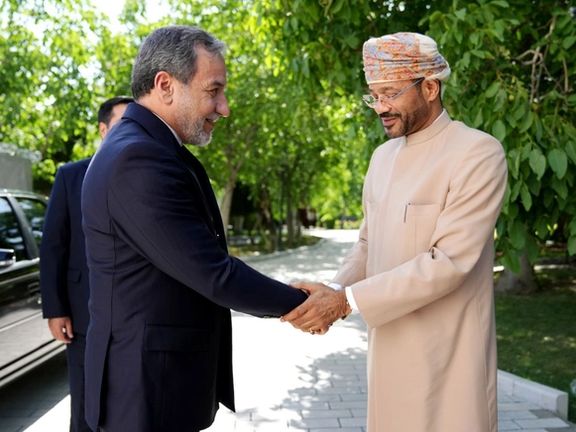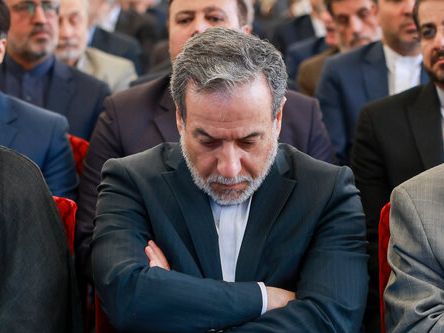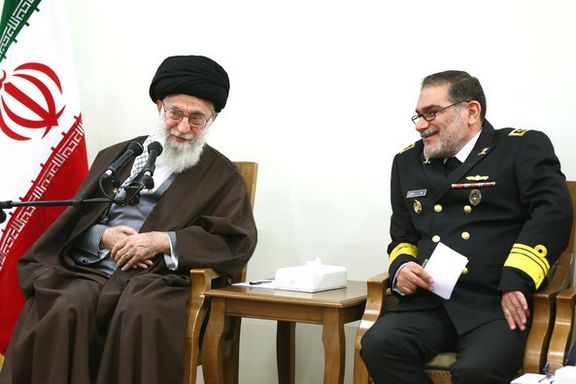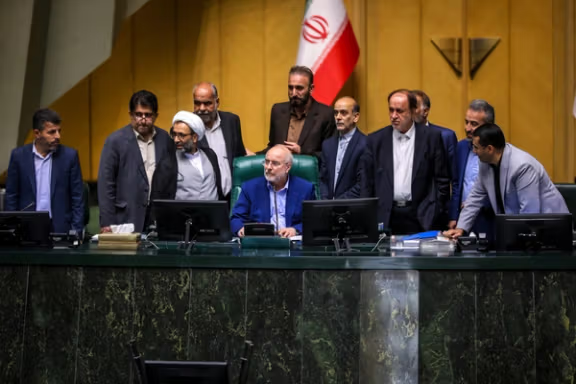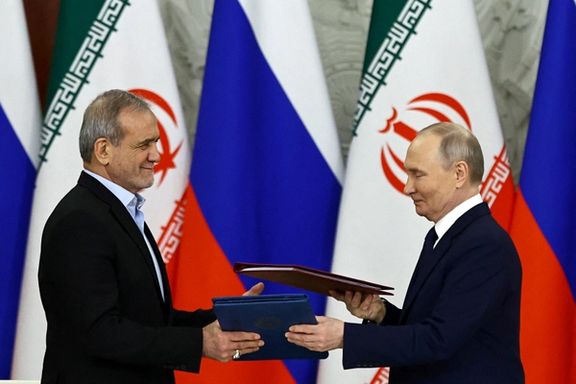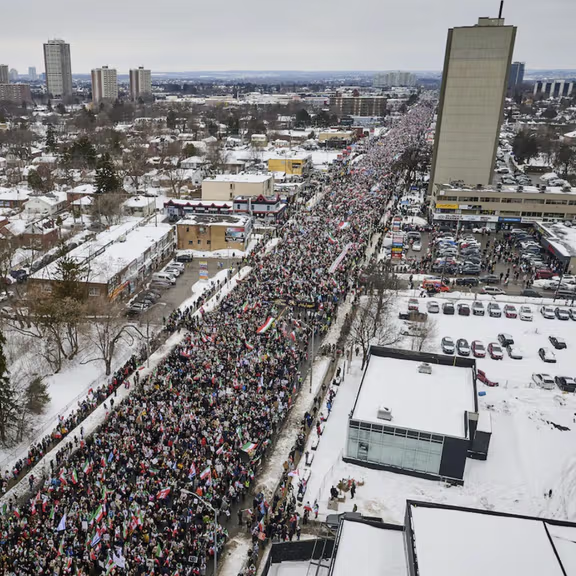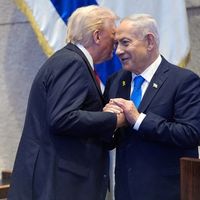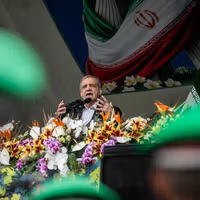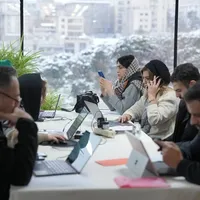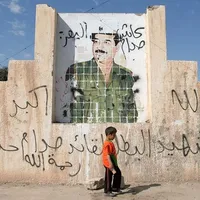“On many issues, we have achieved a better understanding of each other ... However, disagreements remain in some areas, particularly over uranium enrichment. Until that is resolved, I don’t think we can reach an agreement," Iranian Foreign Minister Abbas Araghchi told the Al Sharq news network.
The Oman-mediated talks faced a setback this week after Supreme Leader Ali Khamenei firmly rejected the US demand to end uranium enrichment, the sticking point in the negotiations.
Iran has since expanded its nuclear program. It remains the only non-nuclear weapon state enriching uranium to 60% purity—just a short technical step from the 90% weapons-grade level.According to IAEA figures, Iran now possesses a stockpile of approximately 275 kilograms of 60%-enriched uranium—enough, if further refined, for roughly half a dozen nuclear weapons.
On Tuesday, Khamenei was skeptical about the outcome of the ongoing negotiations. “Saying things like ‘we won’t allow Iran to enrich uranium’ is way out of line,” Khamenei said. “We do not think the talks would yield results now.”
Despite this, Araghchi emphasized that diplomacy remains active and ongoing. “The talks will continue until we reach a result,” he said. “Neither the United States nor the Islamic Republic can unilaterally halt the negotiations.”
Tehran’s strategy to skirt sanctions
Araghchi also addressed the broader strategy behind Iran’s diplomatic and economic posture. Speaking at a regional summit on economic diplomacy in Shiraz on Thursday, he said Iran’s resistance to sanctions—through internal resilience and trade networks—had bolstered its negotiating position.
“The more successful we are at neutralizing sanctions, the more the sanctioning parties will be disappointed—and that will help us in the negotiations,” he said. “If they were certain sanctions would bring us to our knees, they wouldn’t be negotiating with us.”
Araghchi argued that Iran’s ability to withstand pressure was largely due to “the resistance of the Iranian people and the capabilities of our business sector,” which he said prevented sanctions from having a “paralyzing effect.”
However, Iran's currency has been at record lows and over one third of the population is now forced below the poverty line amid the worst economic crisis since the founding of the Islamic Republic with global sanctions levied against Iran not only for its nuclear program but over human rights and its support of Russia's war on Ukraine.
Iranian oil exports reached 2.8 million barrels per day (bpd) in May 2018 and hit a low of just 150,000 bpd in May 2020, before steadily recovering to an average of around 1.65 million bpd so far in 2025, according to analytics firm Kpler. Trump aims to cut the exports to zero. The highest ever exports occurred in 1974 with a peak of 6.02 bpd.
Araghchi further elaborated on the role of the Foreign Ministry in supporting economic resilience, saying it should not be seen as engaging in trade itself, but as a facilitator.
“We do not sell goods or oil at the Foreign Ministry,” he said. “Our job is to open paths, remove obstacles, identify new markets, and connect businesspeople.”
Describing the Ministry’s role as akin to an “icebreaker ship,” he said: “The icebreaker doesn’t carry cargo, but it opens the frozen route so that other ships can pass. Without that route, commercial vessels get stuck.”
Araghchi stressed that bypassing sanctions is a necessary part of Iranian foreign policy. “It’s our responsibility to both lift sanctions and neutralize them,” he said. “Removing obstacles to trade isn’t only about ending sanctions—it’s also about outmaneuvering them.”
As Iran prepares to enter the fifth round of talks, it remains unclear whether the enrichment dispute can be resolved. Both sides continue to hold firm on core issues, with time running short for diplomacy to succeed.
Reports show Israel is preparing for military action against Iran's nuclear facilities if the talks collapse and CNN reported that US President Donald Trump's 60-day deadline to reach an agreement before the threat of military action against Iran becomes a reality, may now have passed.


